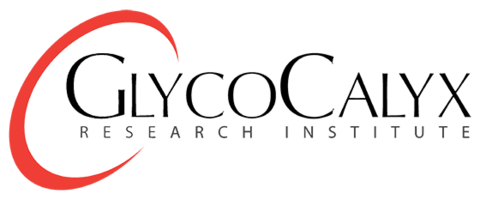PROVO, Utah--(BUSINESS WIRE)--The Glycocalyx Research Institute is proud to announce groundbreaking results from a recent study investigating the role of microvascular health (microscopic capillary vascularization that comprises 99% of the body’s vascular system) in predicting acute toxicities from radiation therapy in breast, prostate, and head and neck cancer patients. The study, The Microvascular Health Status Predicts Radio-Induced Acute Toxicities in Breast, Prostate and Head and Neck Cancer Patients, published in the International Journal of Radiation Oncology and conducted in collaboration with the Fondazione IRCCS Istituto Nazionale dei Tumori and the University of Verona Hospital Trust, has revealed that healthier microvascularization significantly reduces the risk of severe side effects from radiation treatments.
The research team utilized the Glycocalyx Research Institute’s innovative GlycoCheck™ imaging device, developed by the Institute’s co-founder, Dr. Hans Vink, to assess patients' microvascular health before starting radiation therapy. This non-invasive microscopic device captures red blood cells moving through the microvessels and computes a comprehensive MicroVascular Health Score (MVHS).
"The outcome of this study highlights the critical role of microvascular health in determining the side effects of radiation therapy," stated Dr. Hans Vink. "Patients with healthy micro vessels experienced significantly fewer adverse effects, underlining the importance of maintaining microvascular integrity."
The study included 63 breast cancer patients, 38 prostate cancer patients, and 39 head and neck cancer patients. It found that the group with the healthiest microvascularization had no ill side effects, while those with the least healthy microascularization experienced the most severe side effects.
"These findings support a new approach to cancer treatment, where improving microvascular health can be a key strategy in reducing treatment-related side effects," Dr. Vink explained. "Our GlycoCheck imaging device has proven instrumental in assessing microvascular health. This study's findings pave the way for using such non-invasive diagnostics to tailor radiation therapy treatments more effectively."
Dr. Vink also emphasized the potential of the Institute's nutritional therapeutic product, ReVasca™, which has been shown in numerous studies to repair and restore microvascular health. "I am particularly excited about the implications of these results for our therapeutic product, ReVasca™. Applying this therapeutic could potentially enhance patients' resilience to radiation therapy and reduce associated toxicities," he said. "ReVasca™ offers a promising solution to achieve this, benefiting patients' overall health and quality of life during and after therapy."
The Glycocalyx Research Institute remains committed to advancing the understanding and treatment of microvascular health. This study marks a significant step forward in the Institute's mission to improve patient outcomes through innovative research and therapeutic solutions.
For more information on GlycoCheck™and ReVasca™, please visit https://www.GlycoCalyx.com
About Glycocalyx Research Institute: The Glycocalyx Research Institute, founded by Dr. Hans Vink and Robert Long in 2012, is dedicated to pioneering research and development in microvascular health. The Institute's mission is to enhance the understanding and treatment of microvascular diseases, improving patient outcomes worldwide.
GlycoCheck™ and ReVasca™ are trademarks of the Glycocalyx Research Institute.



